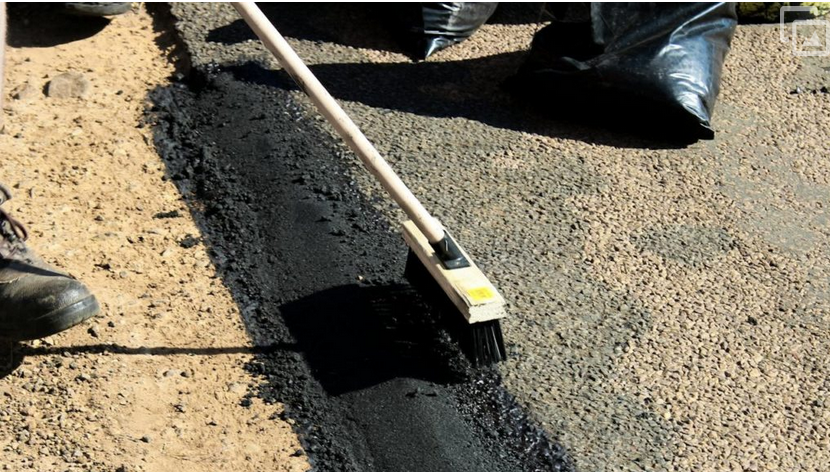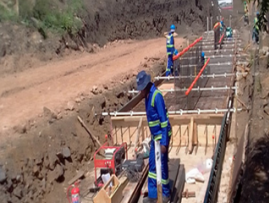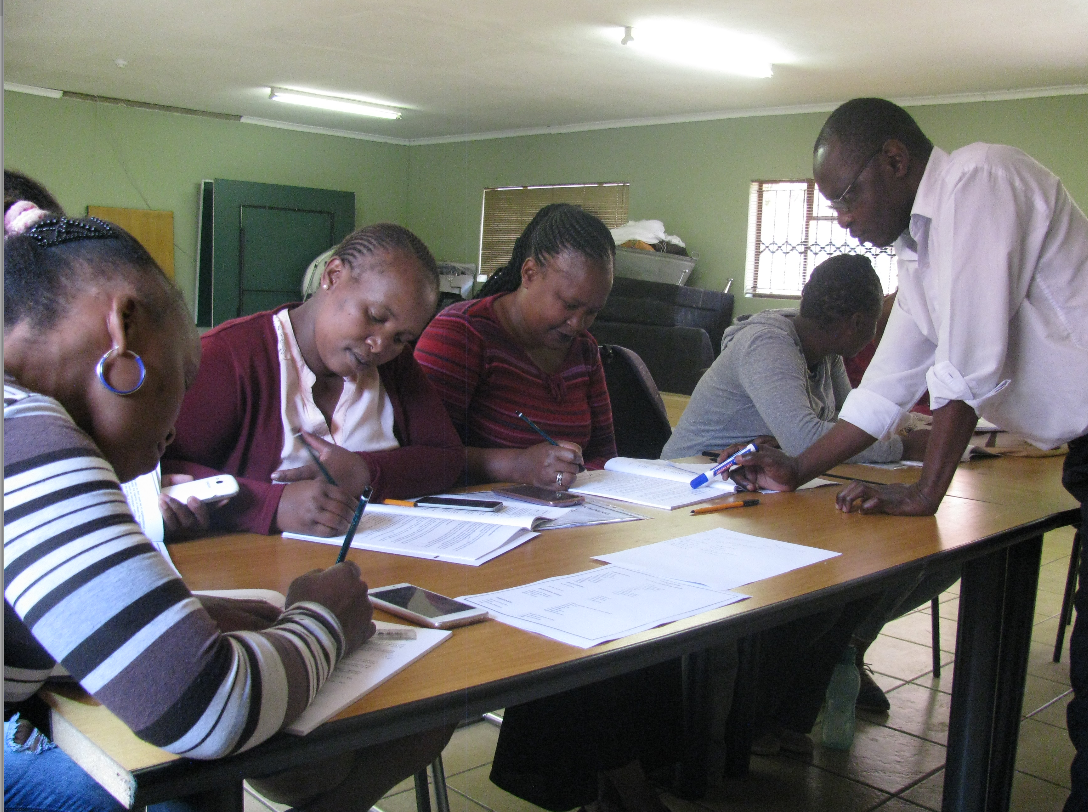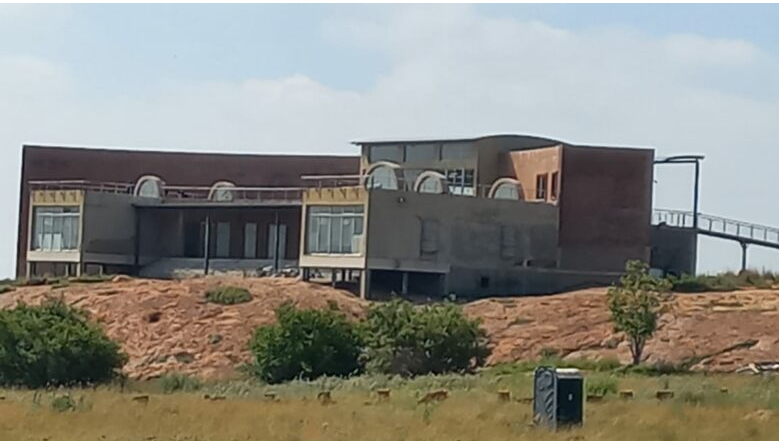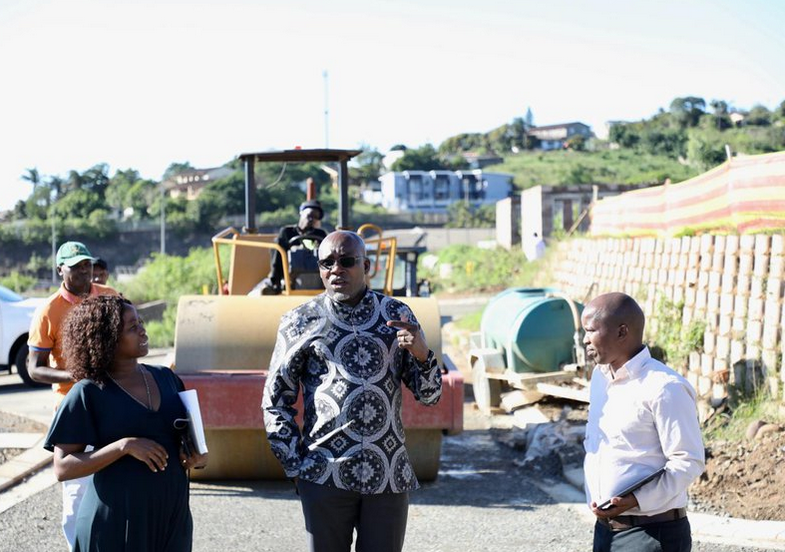Council for Built Environment facing competition compliance challenges

15-10-2019
Read : 95 times
Moneyweb
Source
CompCom concerned its rules are exclusionary and won’t promote transformation.
The Council for the Built Environment (CBE), the statutory overarching body that coordinates six councils in the built environment professions, is facing challenges in complying with the Competition Act, in regard to scope or identification of work (Idow) and fee-setting.
This follows the Competition Commission rejecting an exemption application from the CBE and five of its councils in 2012, and a new submission by the CBE and all six of its councils this year that is currently being considered by the commission.
The six councils for the built environment professions involved in the process are architecture, engineering, landscape architects, project and construction management, property valuation and quantity surveying.
Competition Commission divisional manager Khanyisa Qobo told a CBE Transformation Indaba in Pretoria last week the commission had investigated and continued to receive complaints from the public about exclusionary practices in the built environment.
‘Exclusive mandates’
Qobo said the nature of these complaints is fundamentally about housing estates that enter into exclusive mandates, often as long-term agreements, with estate agents and professionals who are barred from undertaking certain types of work because they aren’t registered in a particular professional category of a CBE council for which such work is allocated or reserved.
She said the commission received a new submission this year from the CBE, representing its six councils, which was substantially and fundamentally the same as that submitted in 2012, for which exemptions were sought and denied, except that ‘Idow’ was now referred to as ‘Scope of Work’.
Qobo said the commission is reviewing the latest submission and a response is due to the CBE and its councils.
However, Qobo admitted the submissions received from the councils don’t address the competition concerns raised by the commission.
She said one of the competition concerns is that individuals registered in one professional category of a council are prevented from undertaking work outside of their category “even when they are qualified and competent to do such work”.
Qobo said this practice restricts competition within the built environment professions, adding that reserving or allocating work in this manner is a form of market allocation.
Artificial barriers
She said the way restrictions on professional categories are designed also creates artificial barriers, which don’t promote transformation.
“The scope of work does not consider South Africa’s historical and current educational landscape, whereby, for example, privileged and historically advantaged academic institutions produce particular categories of professionals who benefit from the premium tier of work, while other institutions produce professionals who are perpetually allocated lesser categories of work.
“Often this symbiotic system between higher education institutions and the profession is patterned in a racially and gender-skewed manner, thereby also perpetuating historical imbalances,” she said.
‘Perverse incentives’
Qobo added that it is even more disconcerting that once having entered the profession, the path for upward mobility is “often determined by the incumbents who make up the committees of the councils, who may have perverse incentives”.
She referred to many anecdotes made to the commission during its engagements with built environment stakeholders, including instances of individuals who had remained candidate engineers for more than 20 years.
“Surely this begs the question of what the barriers are that prevent the ascent of individuals within the profession. To what extent does the application of Idow promote gatekeeping?” she asked.
Another competition concern highlighted by Qobo is that individuals who are not registered with the CBE or its councils are prevented from undertaking work that is allocated within the councils’ categories.
Qobo said this is exclusionary and it surely can’t be expected of the competition authorities to condone a law or approve of rules that exclude the majority of individuals who form the profession from participating in the market.
She said the stated rationale for publishing fee-setting guidelines is that it can protect consumers from exploitative pricing by service providers.
However, Qobo said the commission has learned that in most instances the guideline fee is not adhered to, as professionals charge a demand/supply based fee and the guideline fee is often above the market average.
Independent entity
Qobo said if councils can justify the need for setting fee guidelines to the commission, she recommends, among other things, that the process of determining the recommended fee should be led by an independent entity, to ensure fairness and objectivity – and avoid the influence of the commercial interest of industry players who form the committees.
Larry Feinberg, executive director for the Association of SA Quantity Surveyors, was alarmed by the suggestion that independent professionals should be involved in fee setting.
“It would be tantamount to me going to a doctor or surgeon and telling them how they should be charging for their profession without understanding it,” he said.
Qobo said this happens across all industries and the quantity surveying industry could, for instance, get actuaries and accountants to guide or support industries in determining these fees.
“The principle is that we cannot have industry players who form the committees, in other words market participants, sitting together in a room saying this is the guideline price for the industry,” she said.
Pieter Fourie, the legal manager at the CBE, said the essence of the CBE’s identification of work is to regulate the built environment.
“We are looking forward to [the commission’s] input with the councils on how to regulate in a balanced way that we actually protect the public but also allow for free entry into the profession,” he said.
Vusi Phailane, chair of the Idow committee for the SA Council for the Architectural Profession (Sacap), said Idow is not entirely exclusionary and Sacap has some mechanism to deal with the previously disadvantaged, including recognition of prior learning, special consent and limited special dispensation, whereby it would allow those who have been practising to do work in a specific category of building.
Phailane added that in Sacap fulfilling its role by protecting the public, it is difficult for the council to monitor unregistered persons because it does not have any legal jurisdiction over them.
“So it’s very difficult for us to protect the public. I don’t how the commission would want us to fulfil that mandate.”
Recent News
Here are recent news articles from the Building and Construction Industry.
Have you signed up for your free copy yet?

